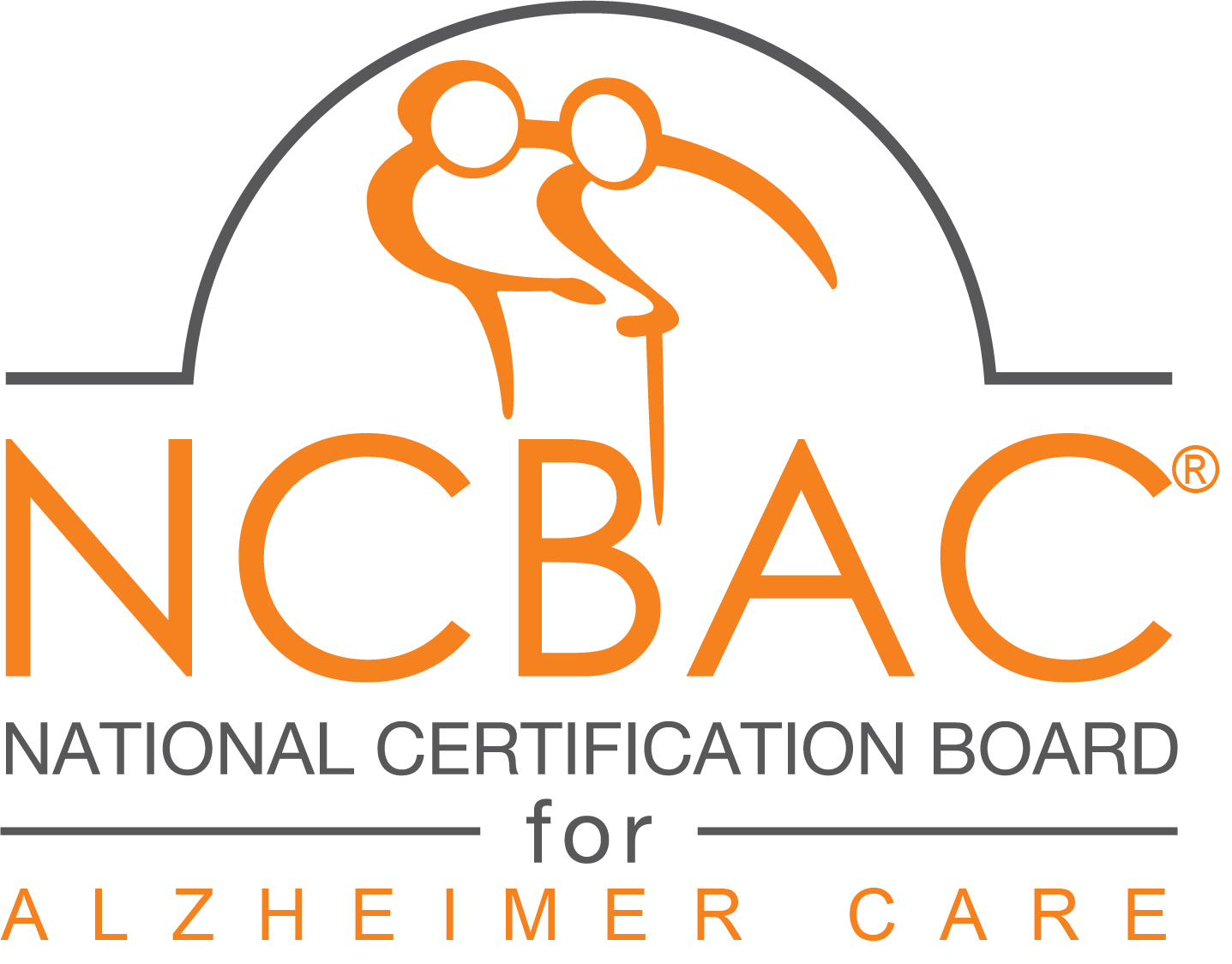Pat Summitt’s fight against Alzheimer’s disease continues, and it has even gained momentum since her death.
Summitt, the longtime Tennessee women’s basketball coach, made sure of that through her efforts the last five years. As soon as she announced her diagnosis in 2011, Summitt vowed to take an active role in leading the battle against the disease that would eventually kill her.
Joan Cronan, the former Tennessee women’s athletic director, recalled Summitt’s determination: “She looked me directly in the eye, and she said, ‘Joan, I thought I was going to be remembered for winning basketball games, but I hope I’m remembered for making a difference in this disease.’”
